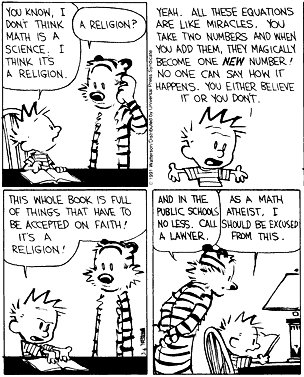This post is actually a comment in the conversation around school change over at Public School Insights – Casting Call for Teachers. It’s pretty much in the same state, maybe an extra sentence or two. I think it helps to clarify what I mean when I say “Teachers are the only real agents of school reform.” It’s a stark statement but holds truth.
——————————————————–
I think there is a confusion with what I term as passion in teaching and teacher-hero. I absolutely do not believe in the teacher hero, unless it is as a community hero who just does the right thing (there are different understandings of hero – some have capes, like the movie star heroes, but most heroes are privately so and don’t even realize they are.)
I disagree that retaining a model of passionate teaching will result in failed culture change. Retaining that model as hope for the future can only succeed in creating more instances of it – we see what we ask questions about.
If it was understood that I thought teachers could/should act completely independently of anyone else I did not explain myself very well and for that I apologize.
I am a big believer in whole system change initiatives. In particular through theoretical and methodological lenses like appreciative inquiry, open systems theory, and participatory action research. These theories state that all parts of any system have an effect on each other part, even when we don’t realize it. Each part is important, there is a symbiotic relationship through the parts of any system. Therefore all (or as many as we can get in the room) parts of a system need to be involved in any kind of change process for it to become transformational, as Sheryl so wonderfully put it.
We do, however, have to recognize that the parts play different roles. In the educational system all of the roles are important and depend on each other – admin, teacher, support, children, families, boards (governing and school or district), government, health, social services… the list can go on. Even if all of the parts seem to be running in fabulous order – policy is good, the school is clean, parents are supportive, etc – if the teacher does not translate that policy into practice in her/his classroom, it doesn’t happen for the children.
That is why I say that teachers are the only REAL agents of school reform – agent as acting agent. We are not the only participants in reform, we are not the only ones who can trigger reform, but we put policy into practice on the front lines. We act on it. In good situations that passion breathes life into the lessons we work on with our students, and the school-based policy we help to create with our colleagues and administration. In difficult situations we need passion to be able to spin bad policy into good practice. That’s a given. Otherwise, the practice will merely reflect the policy upon which it was based.
We see what we ask questions about. If we continue to ask questions about how to fix a broken system we will see broken systems all around us. If we ask questions about how to generate balanced, participatory learning cultures, we will start to see places where they exist. And where they work.

